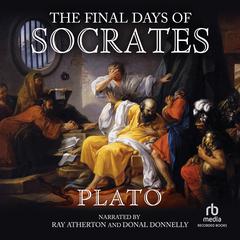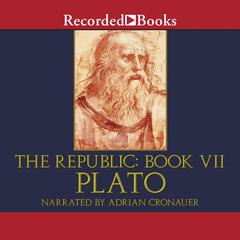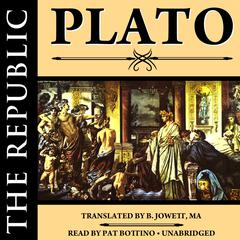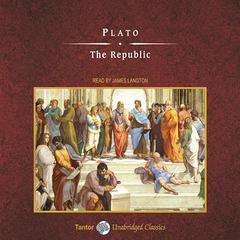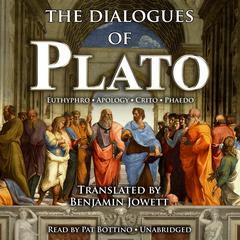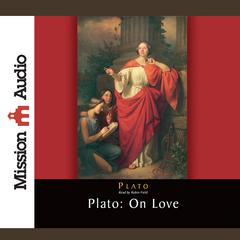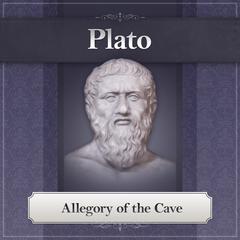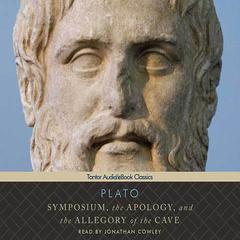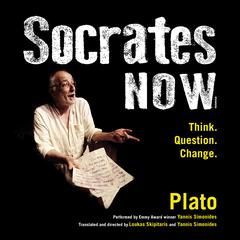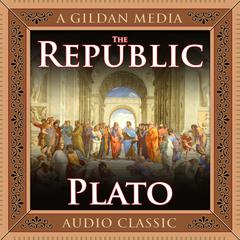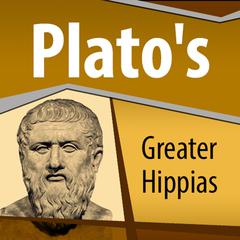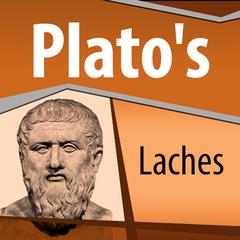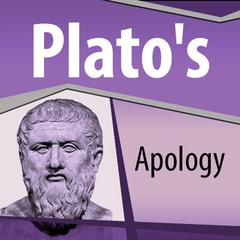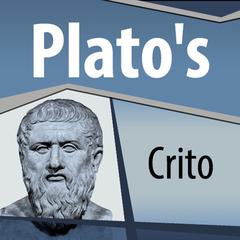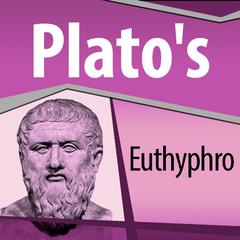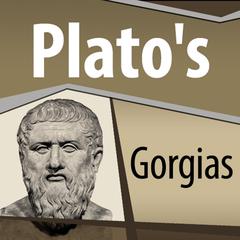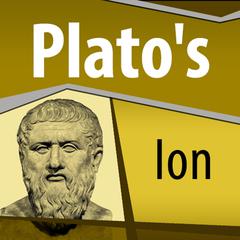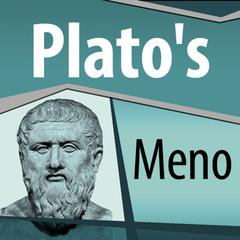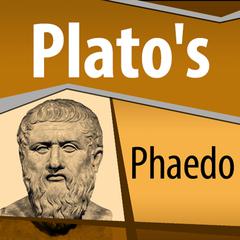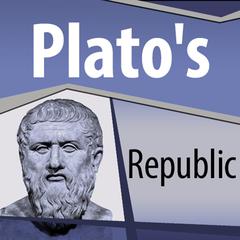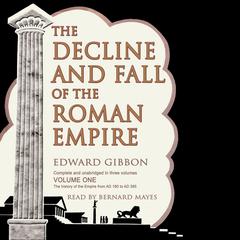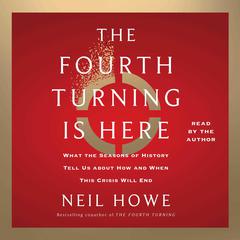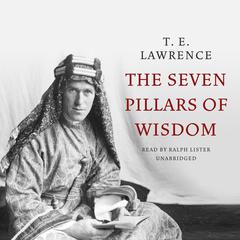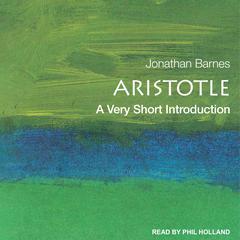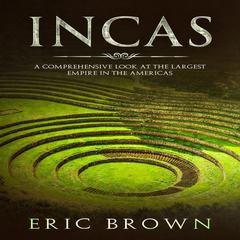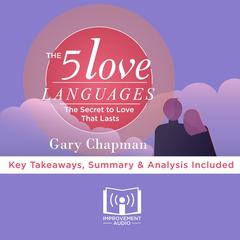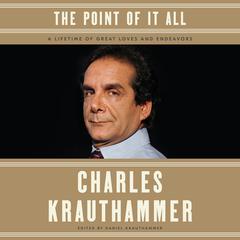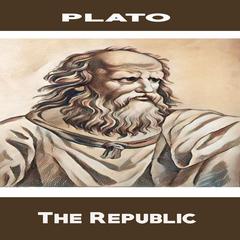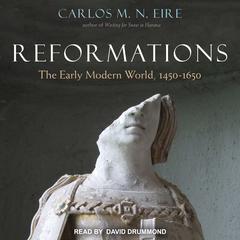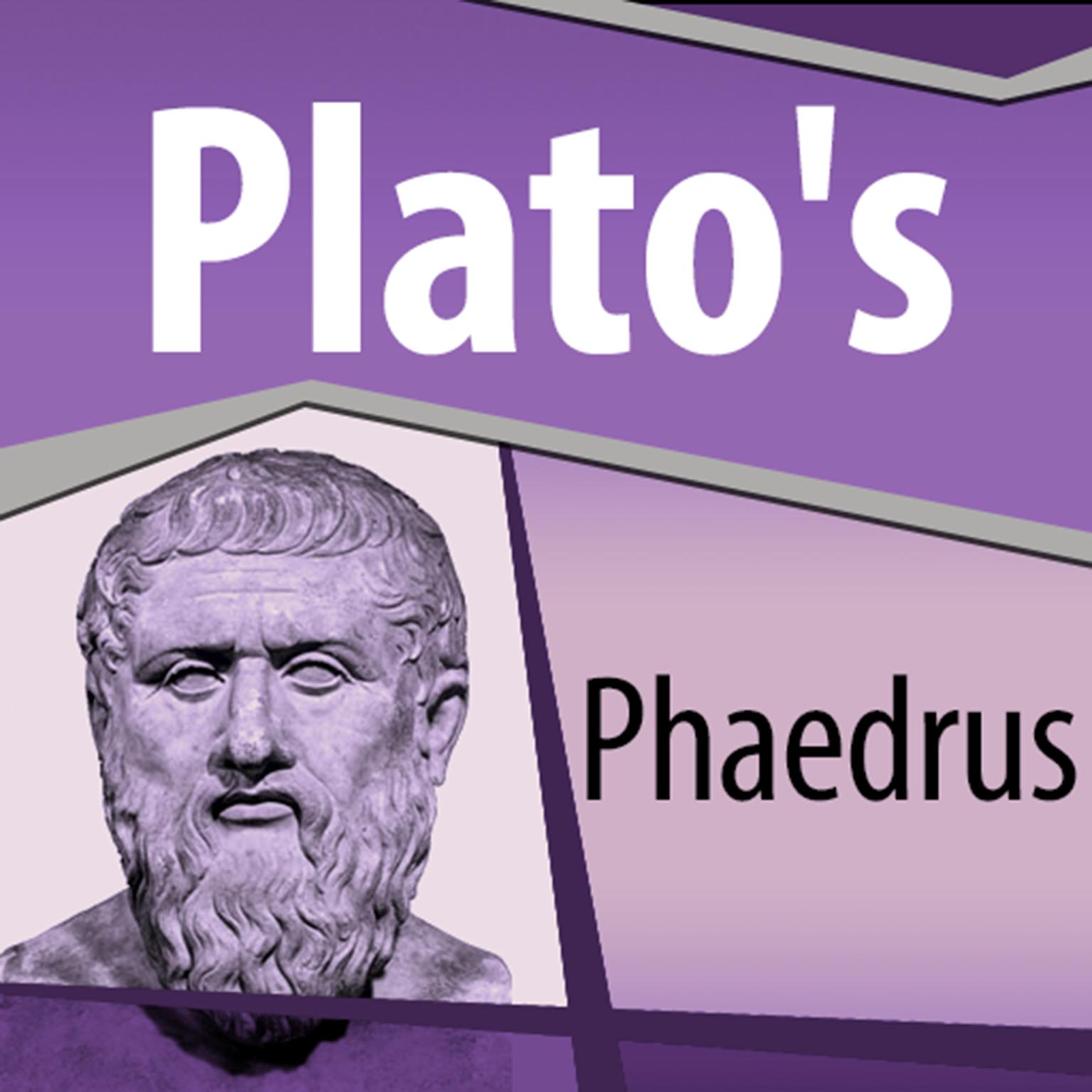 Play Audiobook Sample
Play Audiobook Sample
Plato's Phaedrus Audiobook
 Play Audiobook Sample
Play Audiobook Sample
Quick Stats About this Audiobook
Total Audiobook Chapters:
Longest Chapter Length:
Shortest Chapter Length:
Average Chapter Length:
Audiobooks by this Author:
Publisher Description
Plato’s dialogues frequently treat several topics and show their connections to each other. Phaedrus is a model of that skill because of its seamless progression from examples of speeches about the nature of love to mythical visions of human nature and destiny to the essence of beauty and, finally, to a penetrating discussion of speaking and writing. It ends with an examination of the love of wisdom as a dialectical activity in the human mind.
Phaedrus lures Socrates outside the walls of Athens, where he seldom goes, by promising to share a new work by his friend and mentor, Lysias, a famous writer of speeches. This dialogue provides a powerful example of the dialectical writing that Plato uses to manifest ideas that are essential to human existence and to living a good life. Phaedrus shows how oral and written forms of language relate to each other and to philosophy. It simultaneously embodies the entire process in some of the greatest poetry ever written.
© Agora Publications
Download and start listening now!
Plato's Phaedrus Listener Reviews
Be the first to write a review about this audiobook!
About Plato
Plato (circa 423–347 BC) was a philosopher in ancient Greece and the founder of the Academy in Athens, the first institution of higher learning in the Western world. Plato, together along with his teacher, Socrates, and his most famous student, Aristotle, laid the foundations of Western philosophy and science. He is widely considered the most pivotal figure in the development of philosophy, especially philosophy of the Western tradition.
About Ray Childs
Ray Childs is a successful audiobook narrator. He can be heard on such titles as Black like Me, The Vanderbilts, and Amos Fortune.




